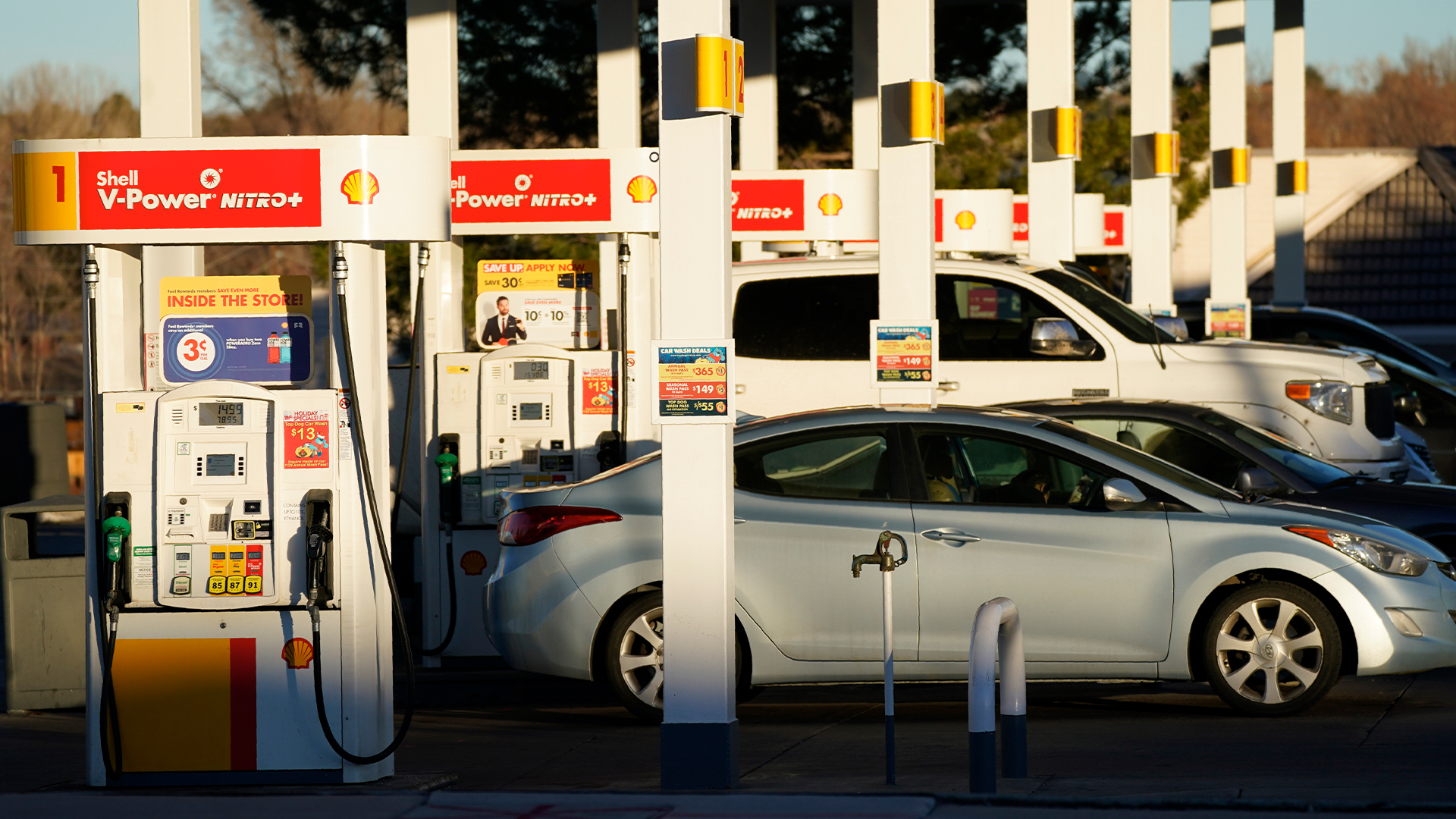

Drunk driving is dangerous. The NHTSA says that someone is killed every 52 minutes due to a preventable crash where at least one party behind the wheel is intoxicated. Now, the New Mexico Supreme Court is looking to hold gas stations accountable for their role in knowingly allowing drunk drivers to hit the road.
Last week the court ruled 3-to-1 that gas stations have a “duty of care” to not allow individuals who are intoxicated to purchase fuel. In fact, the ruling goes as far as to edict that any gas station which knowingly permits drunk drivers to fuel up their vehicles can be held liable for any injuries caused by that person behind the wheel while they are intoxicated.

New Mexico is the second such state in the U.S. to publish a ruling which places the burden of responsibility on gas stations—Tennessee was the first. However, it’s important to note that there is no state law that explicitly prohibits the sale of gasoline to an intoxicated party in New Mexico. The court instead cited a fatal accident that occurred in 2011 where a gas station sold fuel to an intoxicated person who later got into an accident and killed the driver of the vehicle that was hit. It also pointed at previous rulings and the recent overhaul of the state’s liquor laws which revoked the sale of miniature bottles of hard liquor from convenience stores.
“A duty not to sell gasoline to an intoxicated person is consistent with liability for providing an intoxicated person with alcohol or a vehicle,” reads one of the Justices’ opinions of the ruling. “Gasoline, alcohol, and the vehicle itself are all enabling instrumentalities involved in intoxicated driving. Gasoline is required to operate most vehicles today. Providing gasoline to an intoxicated driver is like providing car keys to an intoxicated driver. Accordingly, liability under negligent entrustment for the sale [of] gasoline to an intoxicated driver is consistent with New Mexico law.”
The court also noted that gas stations have an “economic incentive” to sell fuel to drunk drivers, even if it means putting others at risk.
However, the lone vote against the ruling—which came from New Mexico Supreme Court Justice Barbara Vigil—noted that New Mexico’s current policy against intoxicated driving doesn’t support extending liability onto vendors of non-alcoholic goods like gasoline. She argues that this ruling against the offending gas station could have a significantly broader impact than just this scenario.
Vigil wrote, “[U]nder the majority’s reasoning, vendors of any item that enables DWI—not only gasoline—could now be liable for a customer’s DWI-related torts. Thus auto parts stores, tire shops, mechanics, and others will be left guessing as to whether they are subject to the new duty and, if so, how to behave so as to avoid liability.”
The key takeaway involves knowingly allowing someone who is drunk to purchase gasoline—just like a bartender continuing to serve alcohol to someone visibly intoxicated, which is illegal in New Mexico. But how far does the business have to go to ensure that the customer isn’t intoxicated? Would a court consider it overly burdensome to give a breathalyzer test to every patron? Probably. And what about unattended pumps which are found in every state except for New Jersey and Oregon? And as more EVs hit the road, what about public charging infrastructure? Surely this wouldn’t extend to holding Tesla accountable for a drunk driver using its supercharger and then abusing Autopilot to drive home.
Regardless, it would appear that such a ruling could have far-reaching consequences. And given that New Mexico is only the second state to rule in favor of finding a gas station liable for a drunk driver, this probably won’t be the last time that a similar case is debated by high courts.
Got a tip or question for the author? Contact them directly: rob@thedrive.com